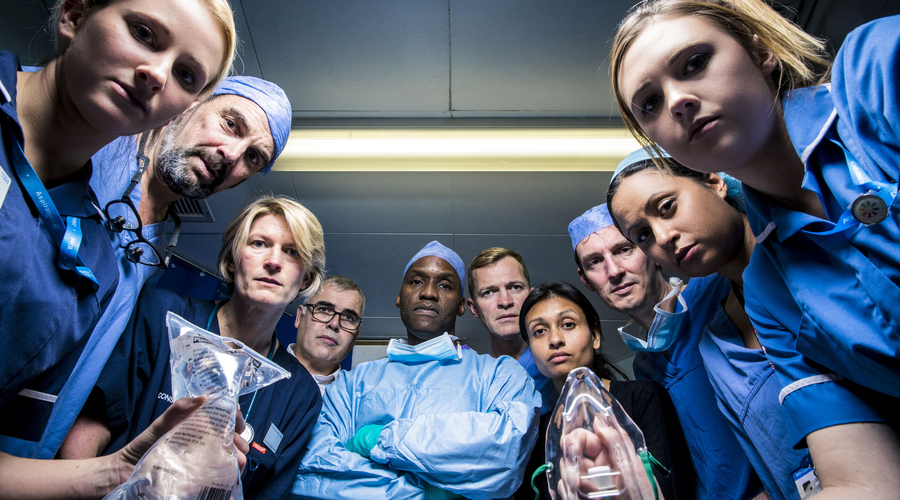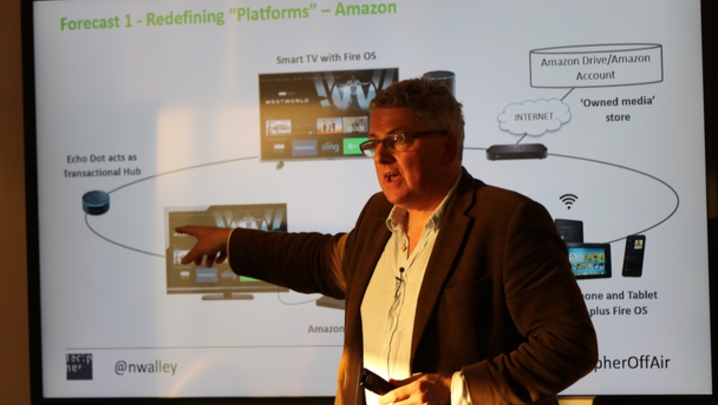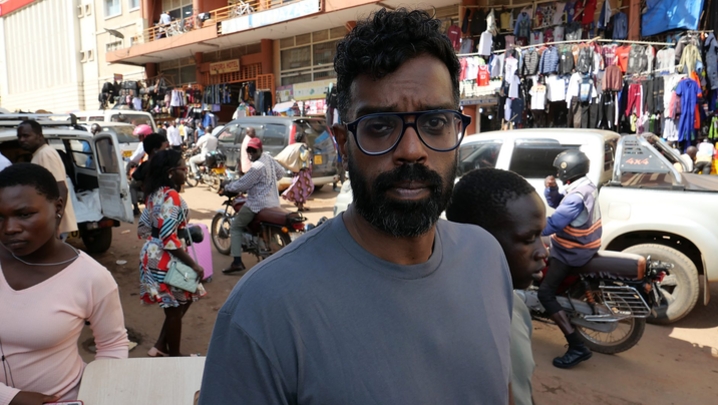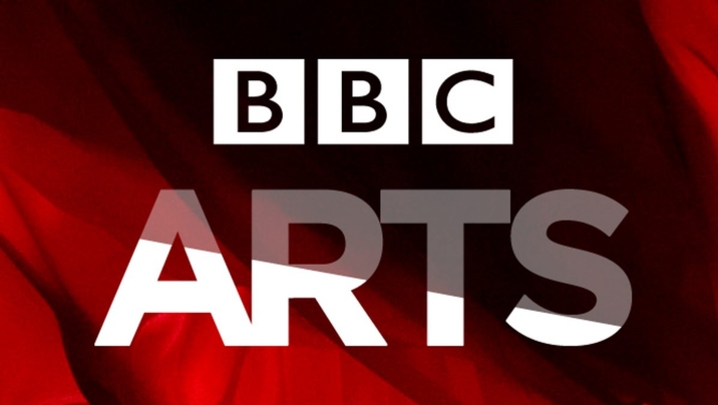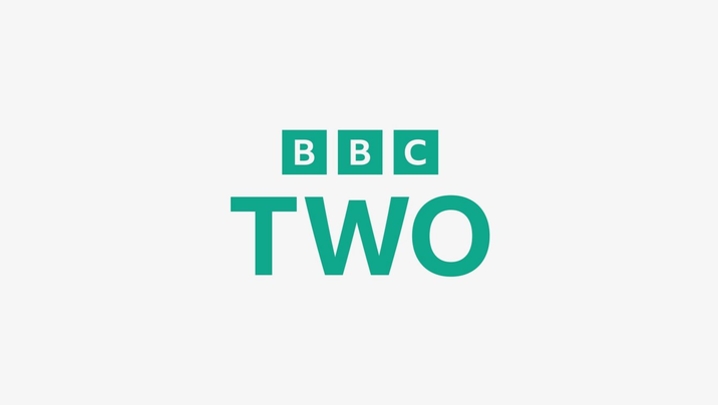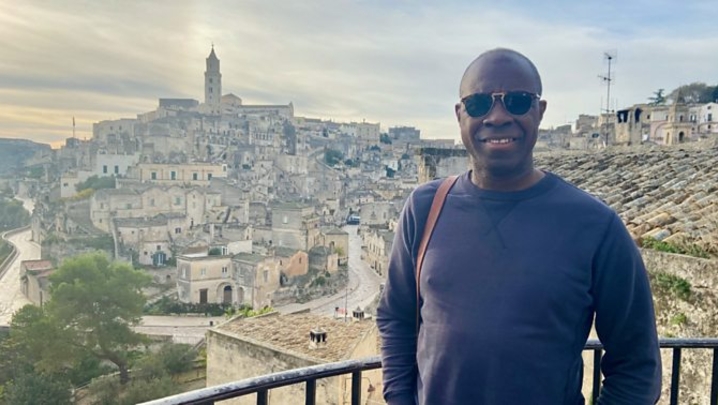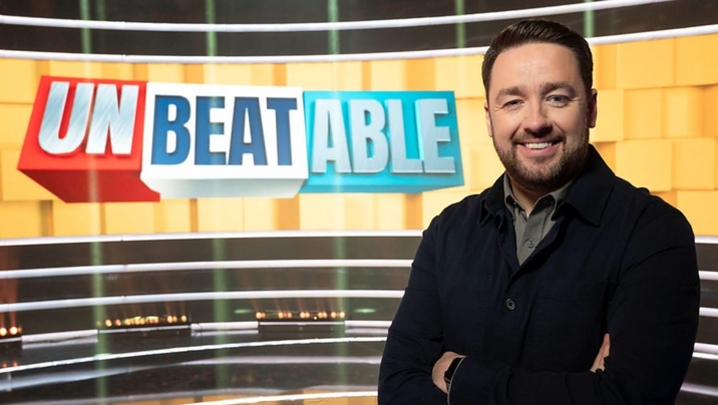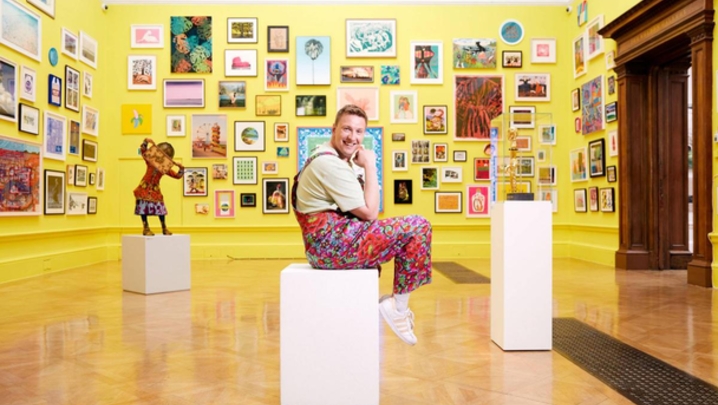The people behind the making of BBC Two’s Hospital, which tracked the pressures faced by the Imperial College group of five hospitals in London, discussed the making of the series at an RTS London event in early April.
“We thought it was the right time to do something big about the NHS – it was encountering lots of problems and it was being treated as a political football.
“We wanted to get over what was happening right now in the NHS and aimed for broadcast in January when the NHS often faces a winter crisis,” explained BBC Two commissioning editor Danny Horan at the event, which was held at ITV London Studios.
Production company Label1 developed the idea for Hospital, using the experience the executive producers (and co-founders of the indie) had gained in previous jobs as commissioning editors at Channel 4 (Simon Dickson) and Sky (Lorraine Charker-Phillips).
Between them, they’d made One Born Every Minute, 24 Hours in A&E, The Family and Seven Days. The fast turnaround of the latter, particularly informed the making of Hospital.
Dickson emphasised the importance of the close collaboration between Label1 and the BBC.
Horan commissioned a taster tape from Label1 and worked closely with the indie to get it right – and to get buy-in from the BBC for such an ambitious project.
A large crew was recruited to shoot the six-part series, which was made in just six weeks. The team featured two series producers, Tom Currie and Gilly Greenslade, a series editor, Graeme McAulay, another executive producer, Helen Littleboy, and an average of five crews filming every day. In total, there were eight shooting producer/directors employed on the series.
Several crews would shoot different aspects of the same story to explain exactly what was happening, in a way that a single camera documentary could not have achieved.
This ensured the series hit home with the audience who saw some of the best surgeons in the UK pounding the corridors of a hospital desperate to find a bed to enable them to operate on a seriously ill patient alongside the stories of their patients.
“We never dreamed we’d have sequences of surgeons tracking down beds like that. It’s an unbelievable waste of time, money and resources – but it was a gift for a TV series,” said Horan.
“We came away quite humbled by the scale of what they faced and the pressures they’re under,” added Greenslade.
“Most hospital series follow patient stories, but what excited me about Hospital was that the staff there really wanted to tell the behind-the-scenes story about how decisions were being made, and the impact they had on other patients – I couldn’t believe the access they offered would be that good,” said McAulay.
“That was exactly what the Imperial College Trust wanted us to show,” said Dickson. ”The NHS is fed up with being bashed when the public doesn’t understand the difficulties it faces. Since the series went out, the Trust has seen a significant drop in complaints from the public and an equally significant increase in people applying to work in its hospitals.”
“A lot of these institutions are ready to open up and talk, as they’re feeling the same pressures. The police, schools, social services – they’re being vilified by the press, and feel no-one is making the case for them in a fair way,” added Horan.

